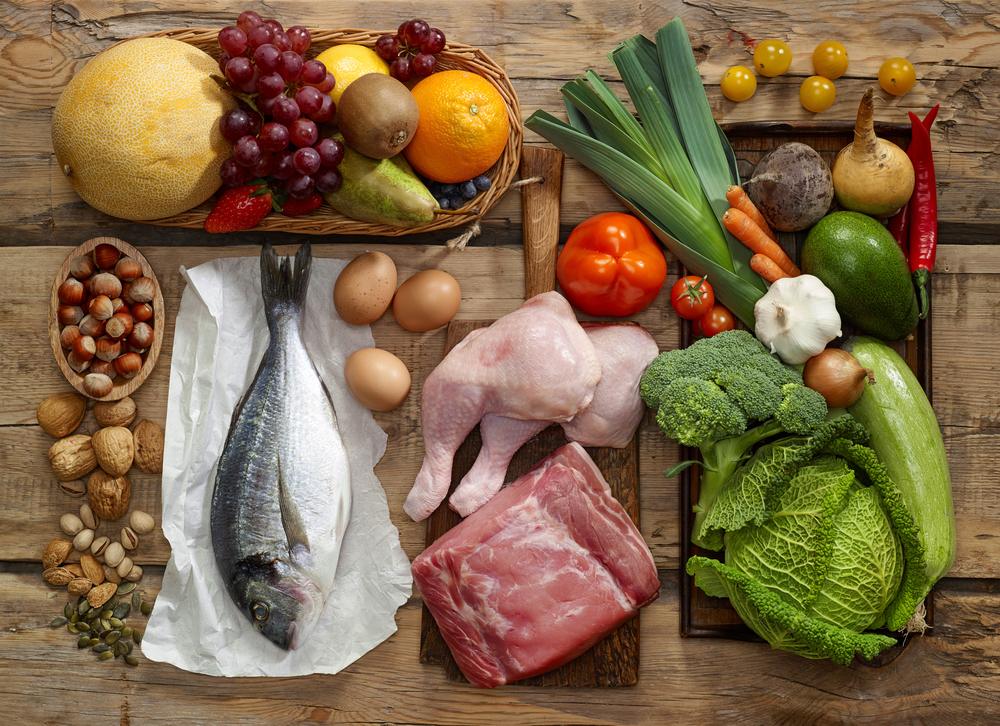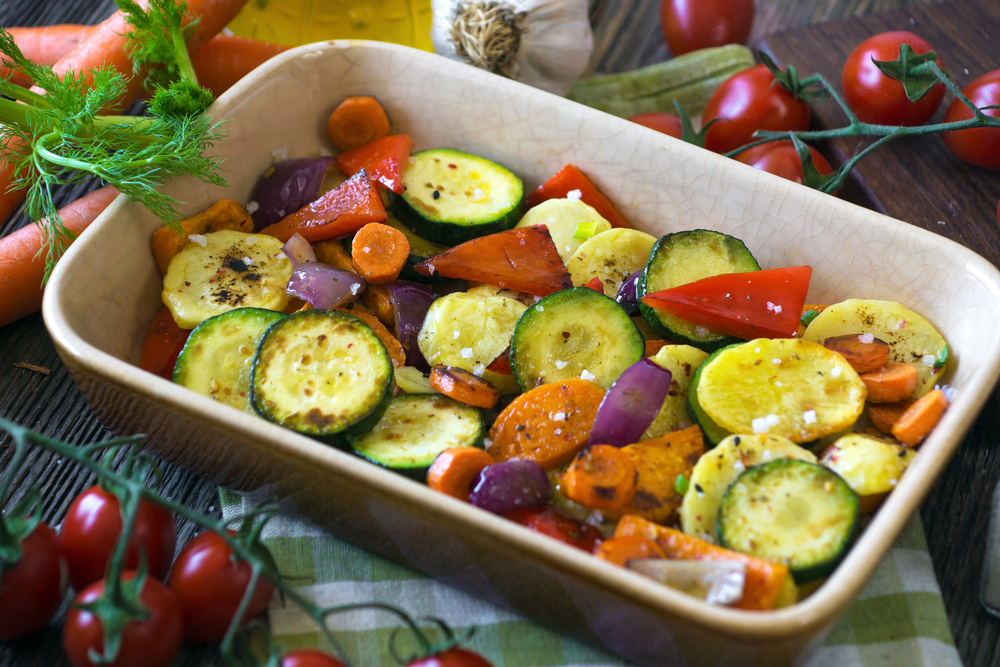“I’m in my late 30s and fairly healthy. However, I have noticed my energy levels are not as good as they used to be and I’m feeling a little run-down. I have a stressful job, and although I enjoy my work, I need to be on top of my game. I know my diet could be better but I’m not sure which dietary plan to follow as there are so many to choose from. Can you give me some suggestions please?”
Suzie Sawyer, Clinical Nutritionist, answers:
There is so much information to choose from out there and it can be very confusing. Interestingly, the British Nutrition Foundation (BNF) is promoting a Healthy Eating Week (June 14-18) helping people to make more informed food choices. However, their overwhelming message is not to over-complicate dietary decisions and to plan ahead.
The important three: protein, carbohydrates and essential fats

While there are many different diets you can follow, it’s important not to lose sight of the body’s fundamental nutritional needs. It’s crucial to include protein at every meal, with great sources being meat, chicken, turkey, eggs, dairy, beans, nuts, grains and fish. Protein is essential for all bodily processes including hormone production, good immune function and repairing and healing.
Carbohydrates are often maligned by people trying to lose weight but whole grains, fruits, vegetables, peas, beans and lentils provide wonderful sources of essential nutrients, as well as being great energy sources.
The body also needs some fat. The essential fats in oily fish, nuts and seeds have to be eaten in the diet as the body can’t make them, plus olive oil and other plant oils provide many great health benefits.
Colourful plates

One of the simplest ways of ensuring your diet is varied is to look at the colour on your plate. Colour equals nutrients in nutritional terms so the more different colours you have on your plate, the greater the nutrient content. For example, a salmon fillet with brown rice, steamed broccoli and roasted red peppers ticks all the colour boxes!
Meal Planning

The BNF (British Nutrition Foundation) is also endorsing the importance of meal planning. Again, this doesn’t need to be too complicated. Just make an outline at the beginning of the week and also think about how much colour each meal will deliver. It’s also good to know that frozen fruits and vegetables retain their nutritional profile so you don’t need to worry if you can’t always access fresh.
Hopefully these tips show that healthy eating doesn’t need to be challenging or confusing; keeping it clean and simple will bring the best health outcomes.
























Add comment